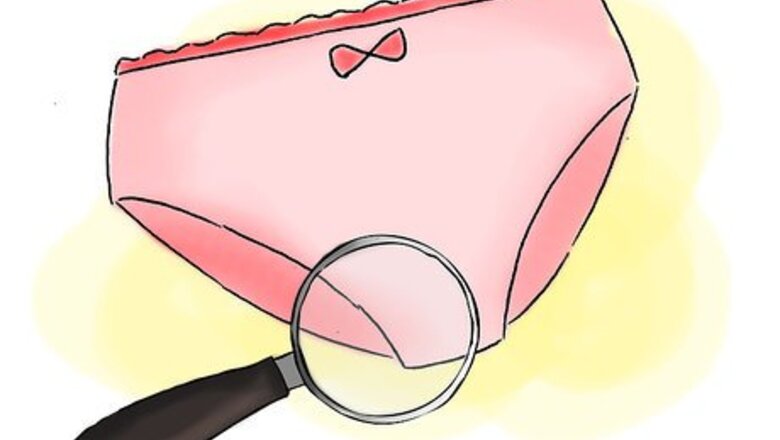
views
Evaluate Your Symptoms

Notice any abnormal or increased vaginal discharge with an unusual or unpleasant odor. Those with BV may have a thin white or gray discharge with a fish-like odor. This discharge is usually heavier and stronger-smelling directly after engaging in sexual intercourse.

Recognize any burning sensations or pain that occur while urinating. Burning can be a sign that you may be infected with BV.

Notice any itching on the outside of the vagina. Itching usually occurs on the skin around the vaginal opening.

See your doctor if you experience any of these symptoms and suspect that you may have BV. Although BV does not normally cause lasting problems, there are some serious risks associated with the condition. These include: Increased susceptibility to HIV infection if exposed to the virus. An increased chance that a someone infected with HIV can pass the infection to their sexual partner(s). An increased chance of developing an infection after a surgery such as a hysterectomy or an abortion. An increased risk of complications during pregnancy for pregnant people that have BV. Higher susceptibility to other sexually transmitted diseases, such as herpes simplex virus (HSV), chlamydia and gonorrhea.
Treat Bacterial Vaginosis
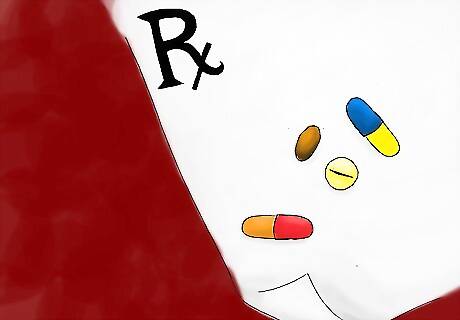
Take antibiotics prescribed by a doctor. Two different antibiotics are recommended as treatment for BV: metronidazole or clindamycin. Metronidazole comes in both pill and gel form. Your doctor will determine which antibiotic is right for you. The oral metronidazole antibiotic form is believed to be the most effective treatment. Either probiotic can be used to treat non-pregnant or pregnant people, but the recommended dosages differ. Those with BV who are HIV-positive should receive the same treatment as those who are HIV-negative. About 10-15% of people may not see improvement after the first course of antibiotics, so it may require additional treatment. Since it’s not considered an STI, your partner doesn’t need to be treated since there’s no risk of passing the infection back and forth.
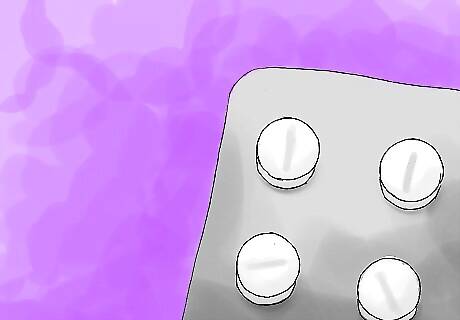
Try a home remedy. It is thought that L. acidophilus or Lactobacillus probiotic tablets may help get rid of BV. The probiotic tablets contain a lactic acid-producing bacteria that balances out bacteria levels in the vagina. Though these tablets are usually for oral consumption, they can also be used as vaginal suppositories to balance out bacteria levels in the vagina. Insert one probiotic pill vaginally directly before going to sleep at night. Do not use more than one per night to avoid any possible irritation. The foul odor should disappear after a few dosages. Repeat for 6-12 nights until the infection goes away. If the infection does not go away or gets worse after a few days, see a doctor.

Understand that BV sometimes clears up on its own without treatment. All people with symptoms of BV should seek treatment to avoid complications.

Always keep in mind that BV can recur even after treatment. More than half of those treated experience recurrent symptoms within 12 months.
Prevent Bacterial Vaginosis

Refrain from having sex with multiple partners and limit your number of new partners. Having sex with a new partner means exposing yourself to new bacteria. Abstinence may decrease your risk of BV, but sexually inactive people are not immune to BV.
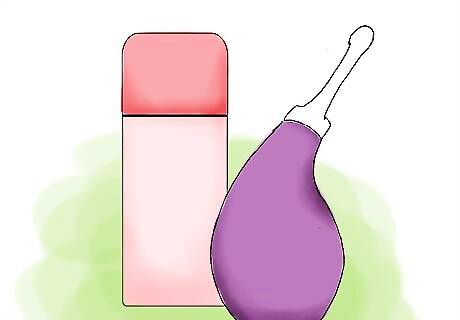
Avoid douching. Research shows that those who douche regularly encounter more health problems than those who do not douche. While doctors are unsure of the specific link between douching and BV, it is advisable to refrain from douching.
Use hormonal contraceptives. Some studies have shown that if you’re currently or recently used either oral contraceptives or a NuvaRing contraceptive, it might protect you against BV recurrence. Talk to your doctor to see which options would work the best for you.
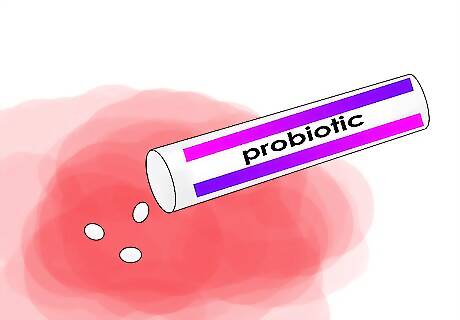
Take oral probiotic pills regularly. Check with your doctor to see if a probiotic regimen is appropriate for you. Specific strains of Lactobacillus are thought to inhibit the growth of BV-causing bacteria.
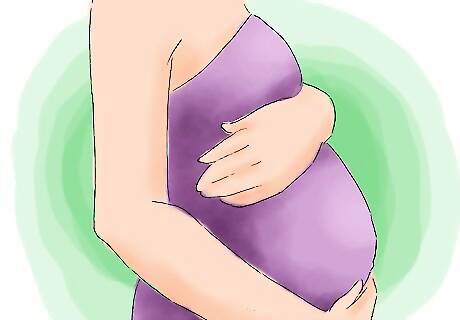
Be aware that BV is potentially dangerous for pregnant people. Pregnant people who have given birth to a baby weighing less than 5 pounds 8 ounces, or have had a premature delivery should be considered for a BV exam even if no symptoms are present.



















Comments
0 comment